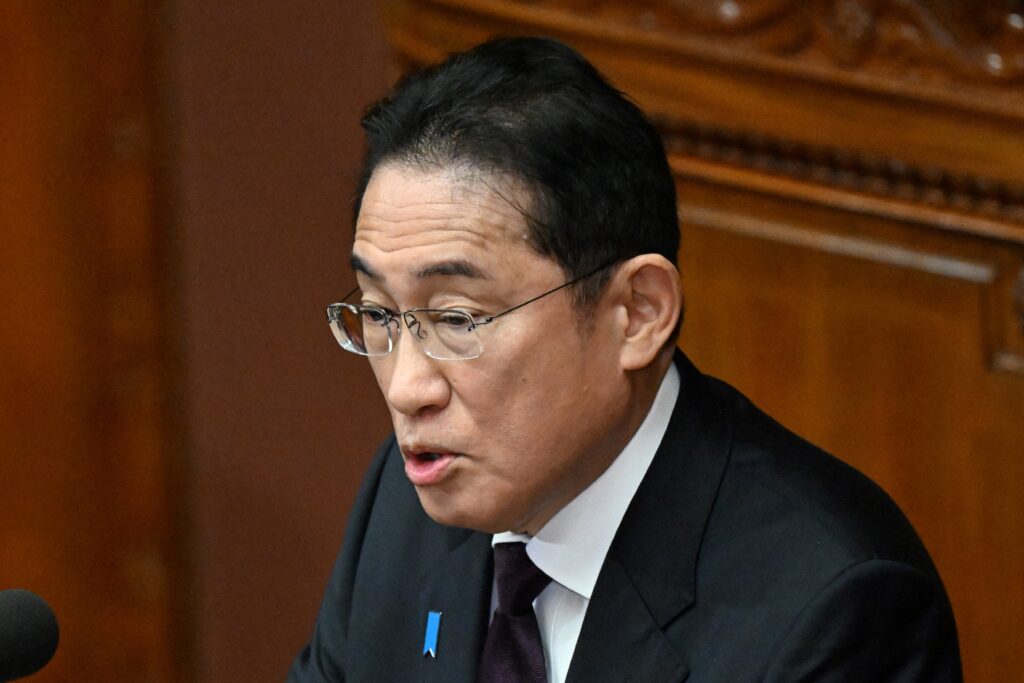
- ARAB NEWS
- 12 Jul 2025

TOKYO: Japan is believed to be entering a crucial stage for fully overcoming decades-old deflation.
With prices on an upward trend and expectations for higher wages increasing, Prime Minister KISHIDA Fumio has said, “This is a golden opportunity (for Japan) to fully overcome deflation.”
But the gap between gross demand and supply capacity in the nation has remained in negative territory. The Japanese government is carefully monitoring price and wage trends while exploring the possibility of declaring the country’s complete exit from deflation.
Japan is believed to have fallen into deflation in the 1990s, after the collapse of the speculation-driven economic bubble. The government officially admitted the start of deflation in a monthly economic report in 2001.
The deflation prompted Japanese companies to curb domestic investment and wage growth, leading to economic deceleration.
The government defines an exit from deflation as a state in which the country has climbed out of a situation where prices are falling continuously and there is no prospect of returning to such a situation.
The government came up with the definition based on materials that the Cabinet Office submitted to the Diet, Japan’s parliament, in 2006.
In the materials, the government agency cited four indicators for judging whether Japan has beaten deflation–the consumer price index, the gross domestic product deflator, which shows the overall price trend, the supply-demand gap and unit labor costs, which show wages needed to make a certain amount of a products.
The CPI and the GDP deflator have risen sharply since 2022, when Russia’s invasion of Ukraine started.
As part of its economic forecasts for fiscal 2024 from April, formalized in January this year, the government expects the overall CPI, which includes fresh food prices, to rise 2.5 percent from fiscal 2023.
The supply-demand gap turned up after falling during the COVID-19 pandemic, but stood at minus 0.7 pct in October-December 2023.
Growth in unit labor costs has remained around zero percent. Due to higher prices, real wages have dropped year on year for the 22nd straight month until January this year.
In an annual report released last month, the Cabinet Office warned against judging from upturns of indexes like the supply-demand gap alone that the country has overcome deflation.
Meanwhile, the report said that there have been positive developments toward overcoming deflation, citing price rises in services industries, among other things.
A senior Cabinet Office official said that an environment enabling the country to climb out of deflation is now being prepared.
The government plans to assess wage trends and many other factors in the economy to determine whether the country has fully overcome deflation.
“Wage hikes are the most important factor, but real wages have kept falling,” Yuichi Kodama, fellow chief economist at Meiji Yasuda Research Institute Inc., said.
“It would be difficult (for the government) to declare an end to deflation at an early date because there is a risk of the economy deteriorating after such a declaration,” he added.
JIJI Press